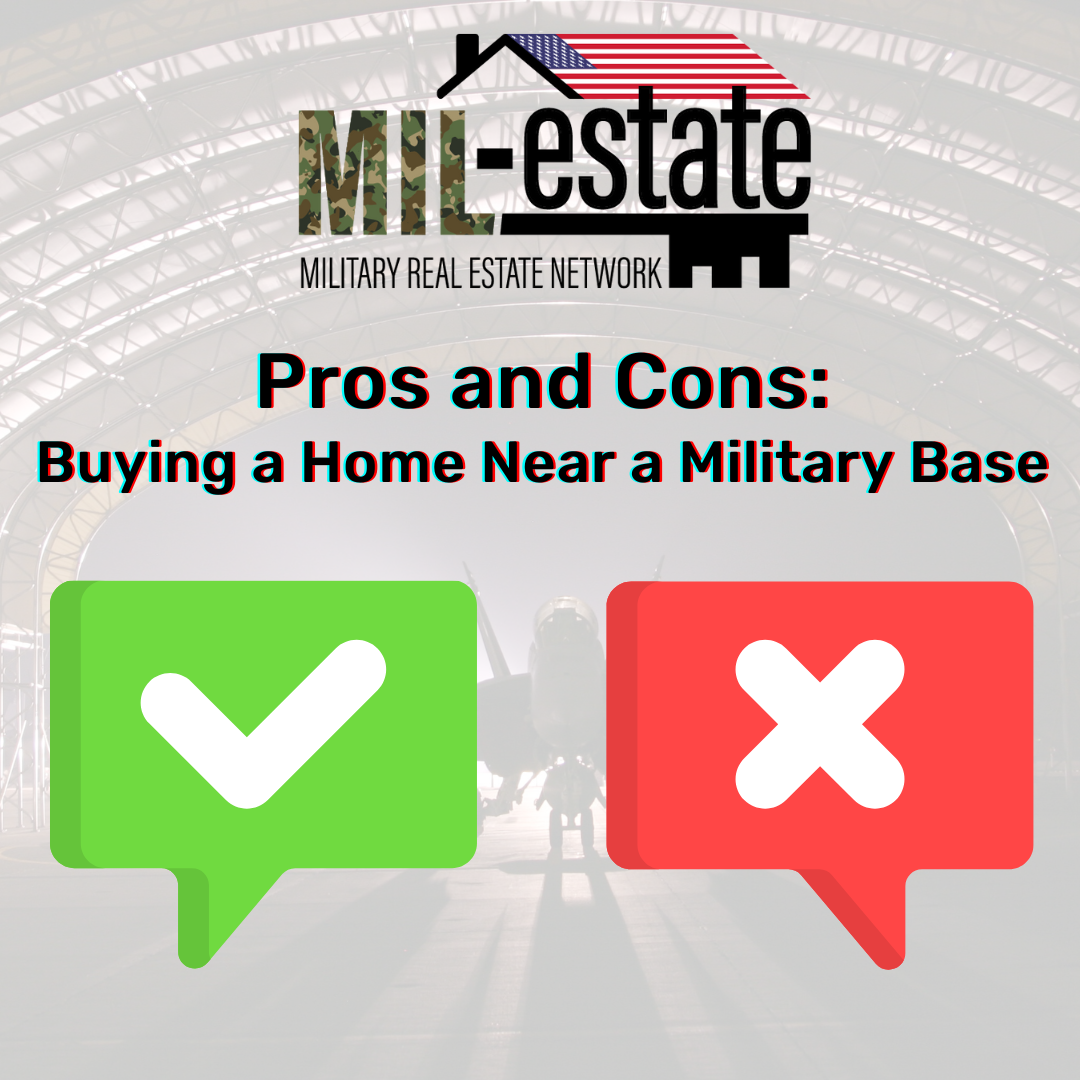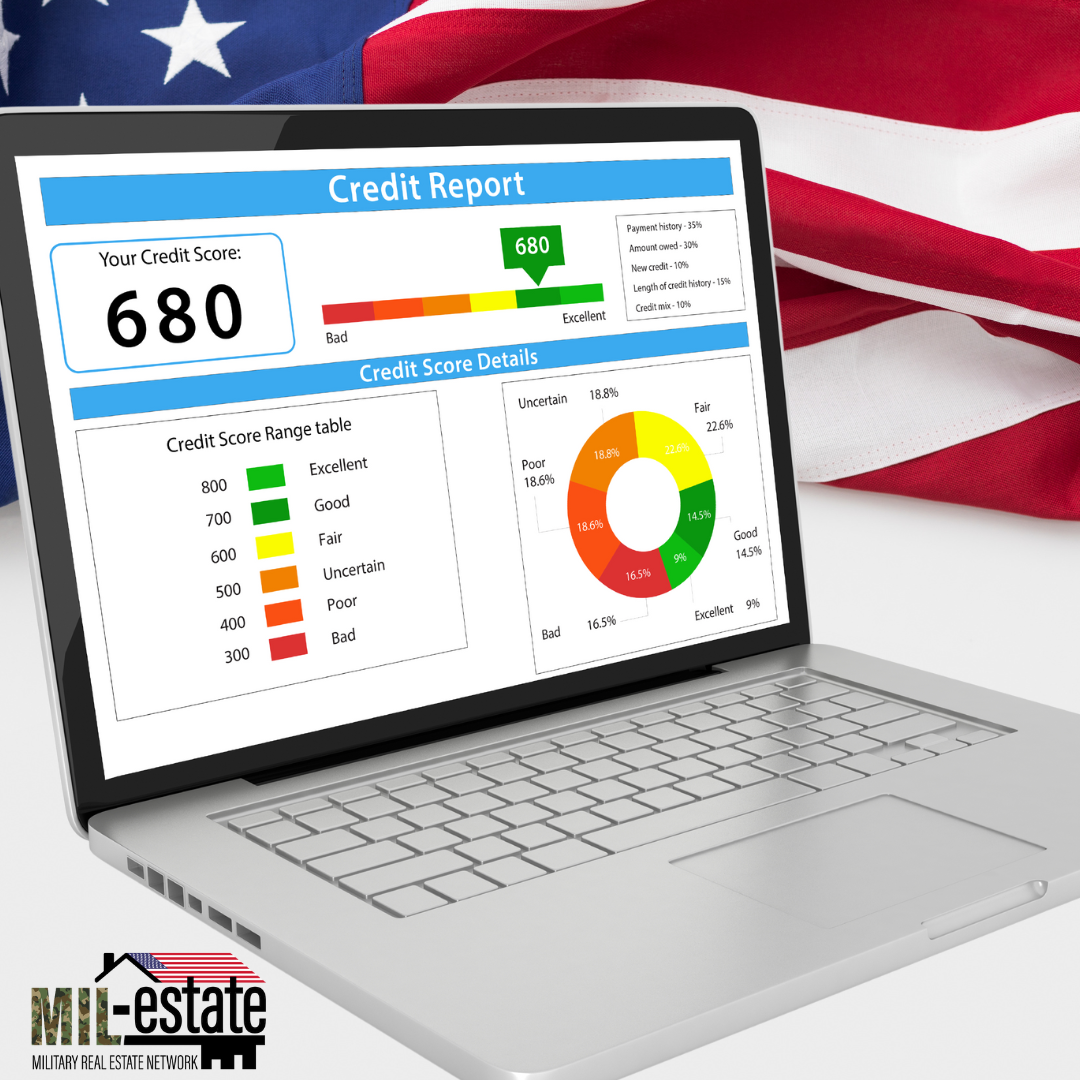
Tips for Veterans on Keeping Utility Costs Low
MIL-Estate Network is 100% Veteran or Military Spouse Realtors. We have over 140 agents nationwide so we can help you anywhere! Military life often involves frequent relocations, which can significantly impact homeownership. Understanding how to manage these moves is essential for military families looking to buy or sell homes.
Managing utility costs is an important aspect of homeownership, especially for veterans who may be on a fixed income. Here are some practical tips to help veterans keep their utility costs low and make their homes more energy-efficient.
Conduct an Energy Audit
- DIY Energy Audit: Perform a basic energy audit yourself by checking for drafts, inspecting insulation, and evaluating your home’s energy usage.
- Professional Energy Audit: Consider hiring a professional to conduct a comprehensive energy audit. They can identify areas where you can improve efficiency and save money.
Improve Home Insulation
- Seal Gaps and Cracks: Use weatherstripping and caulk to seal gaps around windows, doors, and other openings to prevent drafts.
- Add Insulation: Ensure your home has adequate insulation in the attic, walls, and floors. Proper insulation can significantly reduce heating and cooling costs.
- Upgrade Windows: If possible, invest in energy-efficient windows that reduce heat loss in the winter and heat gain in the summer.
Optimize Heating and Cooling
- Use a Programmable Thermostat: Install a programmable thermostat to automatically adjust the temperature when you are not home. This can help reduce energy usage.
- Regular HVAC Maintenance: Schedule regular maintenance for your heating and cooling systems to ensure they are running efficiently.
- Ceiling Fans: Use ceiling fans to help circulate air and reduce the need for heating and cooling. In the winter, reverse the direction of the fan to push warm air down.
Save on Water Heating
- Lower Water Heater Temperature: Set your water heater to 120 degrees Fahrenheit to save on energy costs without sacrificing comfort.
- Insulate the Water Heater: Wrap your water heater in an insulating blanket to reduce heat loss and improve efficiency.
- Fix Leaks: Repair any leaks in faucets, showerheads, and pipes to prevent wasted water and reduce your water bill.
Energy-Efficient Appliances and Lighting
- Upgrade Appliances: Replace old appliances with energy-efficient models that use less electricity and water.
- LED Lighting: Switch to LED light bulbs, which use less energy and last longer than traditional incandescent bulbs.
- Unplug Electronics: Unplug electronics and appliances when not in use, or use power strips to easily turn off multiple devices at once.
Smart Habits for Reducing Utility Costs
- Use Natural Light: Open curtains and blinds during the day to use natural light instead of artificial lighting.
- Laundry Tips: Wash clothes in cold water and only run full loads to save on water and energy. Line-dry clothes when possible.
- Dishwasher Efficiency: Run the dishwasher only when it’s full and use the energy-saving setting.
By implementing these tips, veterans can reduce their utility costs and create a more energy-efficient home, ultimately saving money and contributing to a greener environment. If you are relocating anywhere in the country, also reach out to me! I can put you in touch with another MIL-Estate agent anywhere in the country!
Keywords: reducing utility costs, energy efficiency, home insulation, heating and cooling, water heating, energy-efficient appliances

 Facebook
Facebook
 X
X
 Pinterest
Pinterest
 Copy Link
Copy Link








